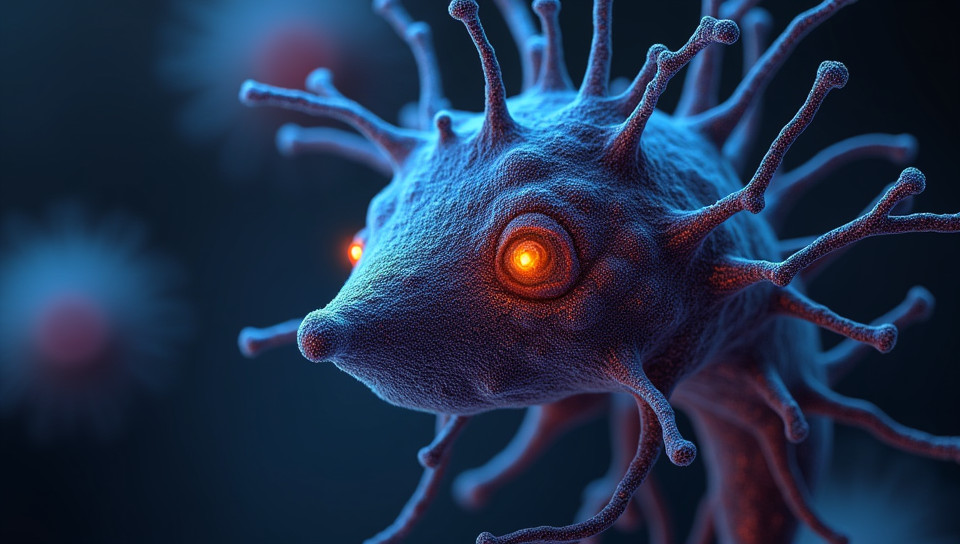Non-neuronal cells can learn 84%

The Surprising World of Non-Neuronal Cells: How They Can Learn and Adapt
For decades, our understanding of learning and memory has been closely tied to neurons, the specialized cells that make up the brain. We've long believed that neurons are the sole drivers of cognitive function, with their intricate networks and synapses allowing us to form memories, learn new skills, and adapt to changing environments. However, recent research has challenged this notion, revealing that non-neuronal cells can also learn and play a crucial role in our overall cognitive abilities.
The Non-Neuronal Cells That Can Learn
Non-neuronal cells, such as astrocytes, oligodendrocytes, and microglia, make up the majority of brain cells. While they don't possess the same electrical properties as neurons, they're capable of communicating with each other and with neurons through various signaling pathways.
- They can respond to changes in their environment by altering gene expression.
- They can release molecules that modulate neuronal activity.
- They can even form complex networks with other non-neuronal cells.
The Mechanisms Behind Non-Neuronal Learning
So, how do these non-neuronal cells learn and adapt? Research suggests that they use similar mechanisms to those employed by neurons, such as:
- Synaptic plasticity: the strengthening or weakening of connections between cells
- Gene expression: the regulation of genes involved in learning and memory
- Signaling pathways: the communication networks that allow cells to respond to changes
Implications for Our Understanding of Learning and Memory
The discovery that non-neuronal cells can learn has significant implications for our understanding of cognitive function. It suggests that learning is a more distributed process, involving not just neurons but also other types of cells.
- This challenges the traditional view of the brain as a solely neuronal entity.
- It opens up new avenues for research into the mechanisms underlying learning and memory.
- It may even lead to new therapeutic approaches for neurological disorders.
Conclusion
The ability of non-neuronal cells to learn is a fascinating area of research that's challenging our understanding of cognitive function. By recognizing the important role these cells play in learning and adaptation, we can gain a deeper appreciation for the complex processes that underlie human cognition. As researchers continue to explore this field, we may uncover new insights into the workings of the brain and the development of novel treatments for neurological disorders.
- Created by: Andrea Ramirez
- Created at: Nov. 2, 2024, 2:52 p.m.
- ID: 15374